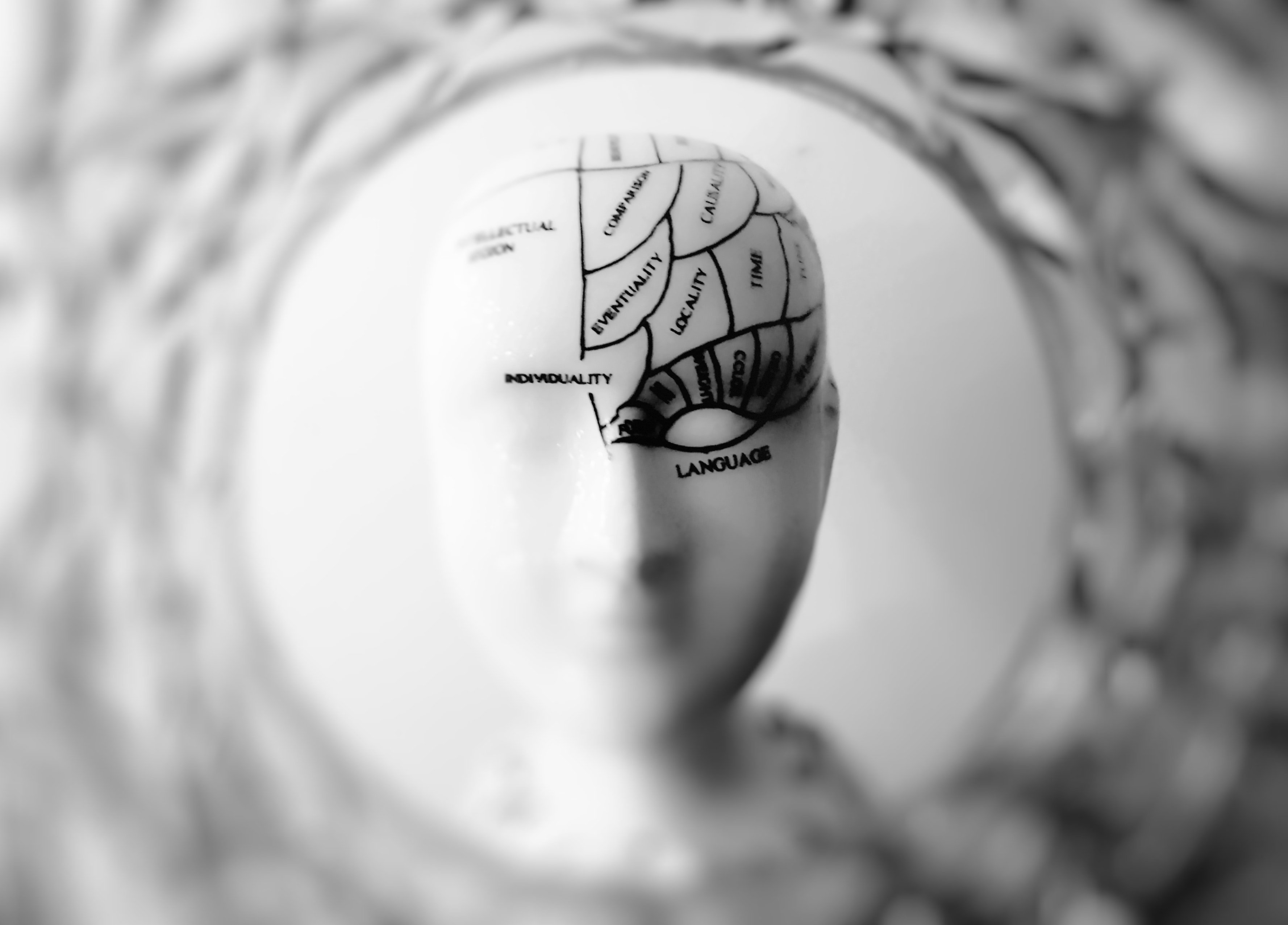
If addiction is a brain disease, then researchers should be able to determine what kinds of medications for this disease work—and how they work, too. That’s the idea underlying a new study that’s being put together by Dr. Nora Volkow at the National Institute on Drug Abuse, or NIDA for short. She wants to take a closer look at the current medications being used to treat addiction and find out just what kinds of effects they have on the brains of people struggling with addiction.
Recently medication-assisted treatment (MAT) has become more common in the treatment of addiction, especially in the treatment of addiction to opioids like prescription painkillers and heroin. These medications act on the brain’s neural reward system—either easing cravings without the effect of a high or blocking the ability for drugs to produce a high. Some abstinence-only groups and treatment models remain opposed to using medications to recover from addiction, but MAT has become a standard treatment as we’ve learned more about how addiction changes the brain’s natural functioning.
Dr. Volkow, the director of NIDA, thinks that we can make even more important advances in the application of these medications through some carefully controlled studies. With the aid of brain scans that can show the changes in the brain’s neural networks, she plans to compare the brain’s progress in MAT compared to active heroin users and people in various stages of recovery. One of the big questions that remains to be answered is just how effective these medications are in speeding up the brain’s recovery. Do the medications just give the user relief from cravings and breathing room for their recovery? Or do they actually heal the damage to the brain’s reward system of neurons, providing a physical basis for faster recovery? Dr. Volkow hopes the brain scans will provide more clarity on questions like these.
So what’s the catch? Well, to be able to make trustworthy observations on how the medications are changing the brain, the researchers need to be able to eliminate other factors that influence brain chemistry. Which means that candidates for the study can’t have other health issues or be taking other medications that have an effect on the brain. So it takes time to find participants who fit those requirements, but Dr. Volkow is optimistic about the potential results of the first-of-its-kind research. What’s certain is that the brain disease model of addiction continues to open new avenues toward getting a clearer picture of what’s going on inside the brain when addiction takes root. We can’t wait to find out more about what this important study finds.

